
Imagine two travelers planning a luxury escape. One turns to AI tools—sleek, fast, and seemingly all-knowing. The other picks up the phone and calls a Covington travel advisor. Both want the same thing: a seamless, unforgettable experience. But only one ends up sipping champagne on a private terrace with every detail perfectly in place. Let’s talk about using AI vs a human travel advisor.
As artificial intelligence becomes more accessible, it’s tempting to let algorithms plan your next adventure. But when it comes to travel, especially luxury travel, there’s still no substitute for human insight.
The Rise of AI in Travel Planning
AI-powered platforms can compare flights, suggest hotels, and even generate sample itineraries in seconds. They’re efficient, available 24/7, and often free. But they’re also limited – and sometimes wrong.
According to a study by UK-based digital agency SEO Travel, AI-generated itineraries often miss the mark. In fact, 9 out of 10 contained at least one error. Some pointed travelers to attractions that had permanently closed, while others suggested visiting sites outside of operating hours—oversights that can turn a dream trip into a logistical headache.
What AI Misses: The Human Nuance
AI can process data, but it can’t read between the lines. It doesn’t know when “quiet” means “no kids,” or when “adventure” means “not too risky.” It can’t hear the hesitation in your voice when you say you’re “open to group travel,” or sense that you’re celebrating something deeply personal.
Covington advisors specialize in nuance. One client casually mentioned wanting “privacy” on their anniversary trip. Their advisor didn’t just book a luxury resort; they found a secluded villa with a private chef and sunset views, far from the crowds. That’s the kind of detail AI can’t detect.
The Covington Advantage: Real Conversations, Real Expertise
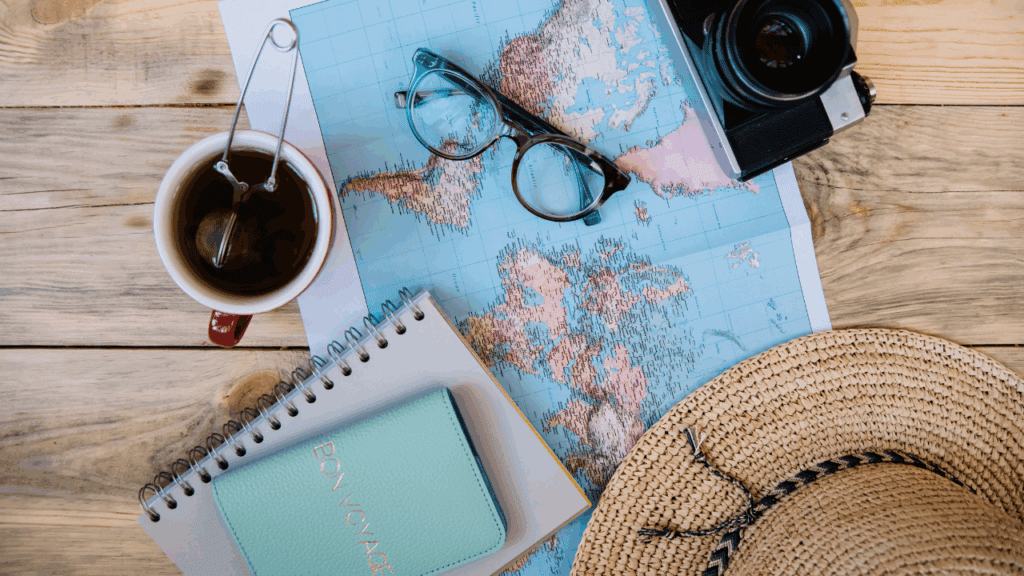
Our advisors don’t just book trips; they build relationships. They ask thoughtful questions, listen carefully, and use their global connections to craft experiences that reflect your unique style and needs.
Consider the two couples traveling on a Seine River cruise who got separated from their tour group in the Louvre. Overwhelmed by the crowds and unsure how to return to the ship, they called their Covington advisor. Within minutes, she provided the ship’s address and arranged a car to take them there. Problem solved. AI couldn’t have helped them at that moment—but a real person could.
Another traveler used an AI itinerary builder to plan a culinary tour through northern Italy. The bot suggested a well-known Michelin-starred restaurant in Modena, famous for its tasting menu and months-long waitlist. The traveler arrived, dressed for the occasion, only to find the restaurant closed for its annual staff retreat—something the AI hadn’t accounted for.
Had they worked with a Covington advisor, they would’ve known not only the closure dates but also had reservations at a lesser-known gem nearby, where the chef personally welcomed them and curated a seasonal menu. That’s the kind of detail AI can’t deliver, but a well-connected advisor can.
When Human Insight Makes All the Difference
Travel is emotional. It’s about celebrating milestones, reconnecting with loved ones, and discovering new parts of the world and yourself. AI can’t empathize. It can’t advocate for you when plans go awry or celebrate with you when they go perfectly.
A Covington advisor becomes your partner in travel. Someone who understands your preferences, anticipates your needs, and is there when you need them most.
Travel Smarter, Travel Better
AI has its place, but use it only for initial research and to organize information. When it comes to curating, crafting, and personalizing a journey that matters, trust a human who listens, understands, and delivers.
Ready to experience the Covington difference? Talk to a Travel Advisor

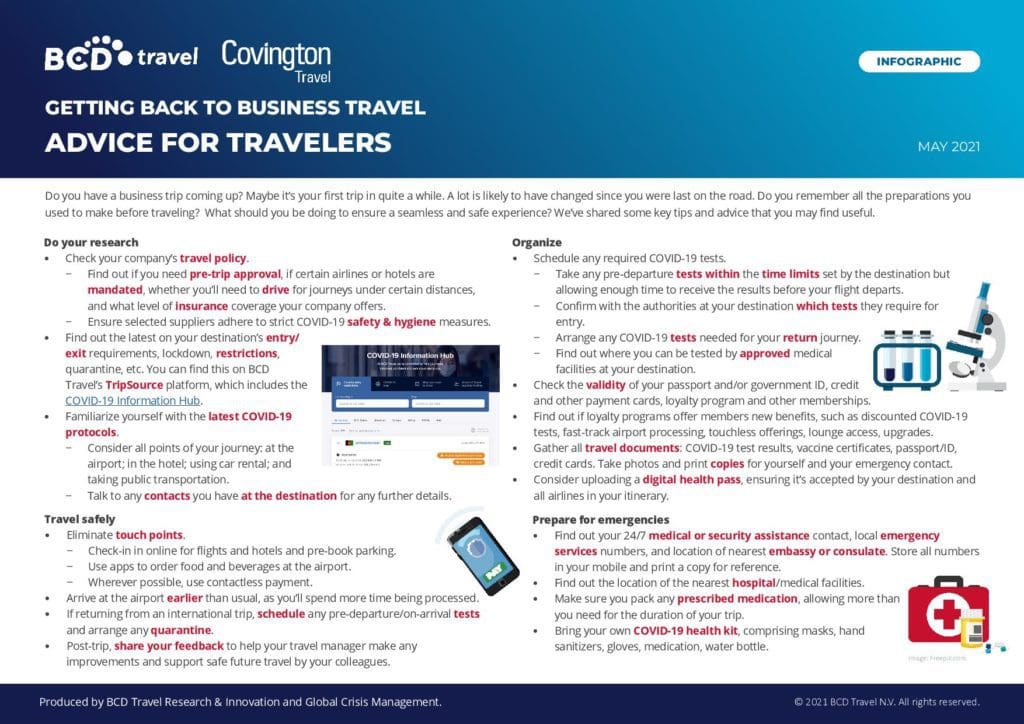
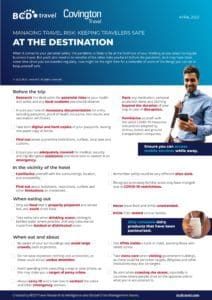
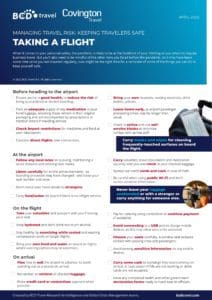
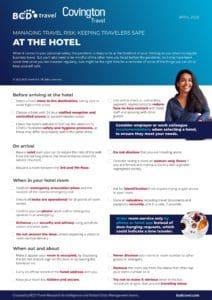
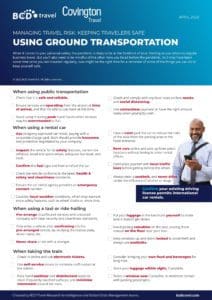
Leave a Reply